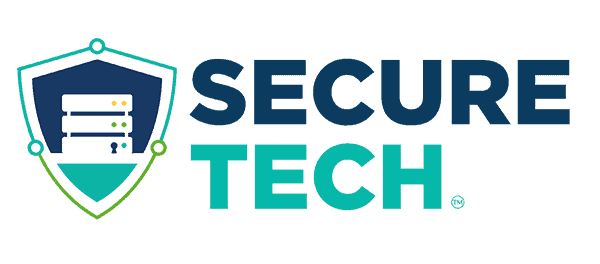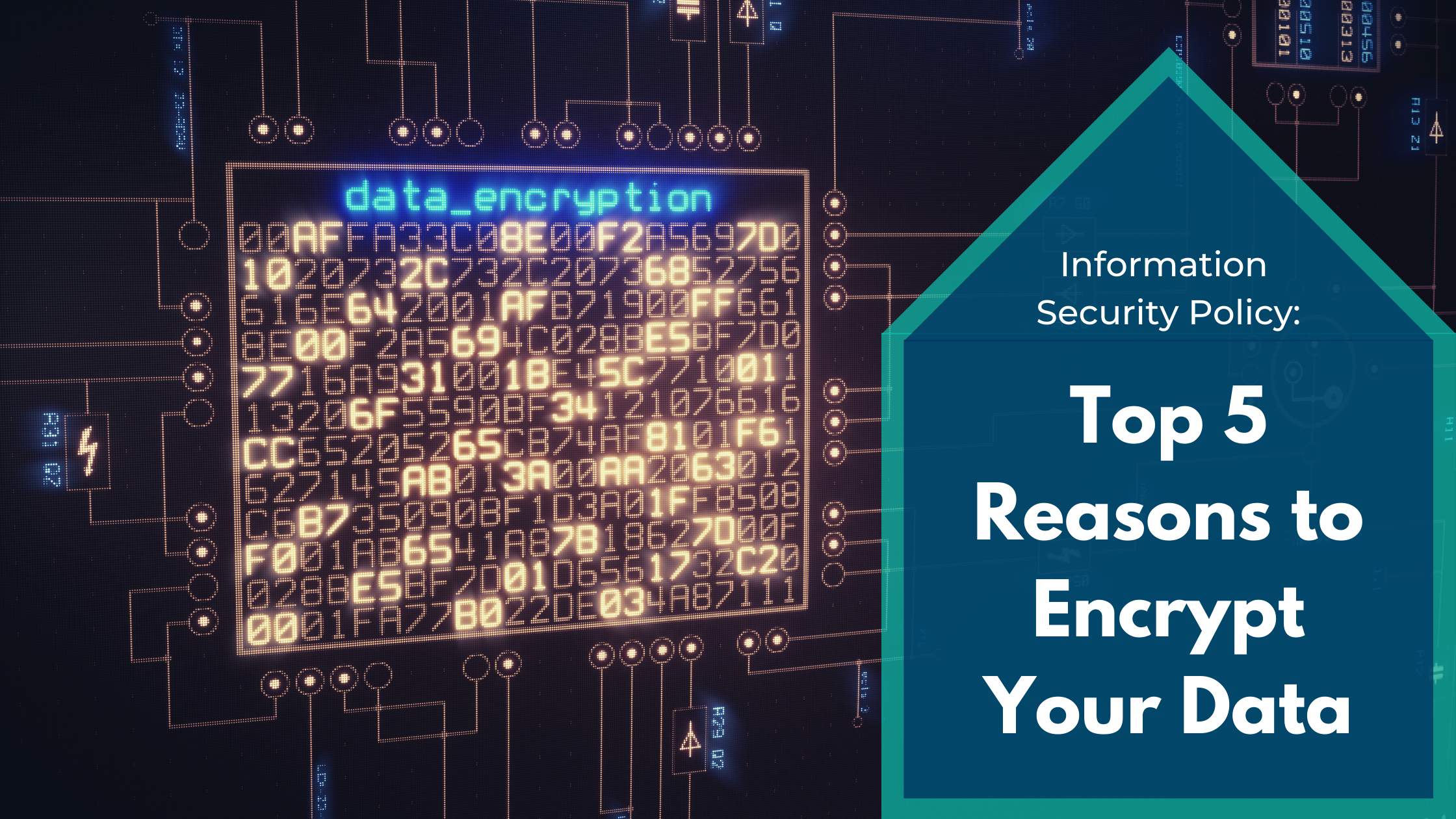Data encryption is an information Security Policy strategy adopted by businesses to secure their data from malicious attackers or intruders. It is one of the most powerful tools used in data security and protection.
Many companies are aware of the adverse effects of data breaches and are taking vital steps to prevent such occurrences.
Data breaches have been on the rise in the past years, and they come with severe damages to the company’s revenue, reputation and could result in several fines. As a result, more businesses are looking into data encryption technologies to protect their data from cybercriminals.
This article will discuss five reasons why data encryption is essential.
What Is Data Encryption?
Data encryption refers to a process of protecting data by translating it into a format that cannot be easily accessed by everyone, except those with the decryption key.
This decryption key is generated during the time of encryption or before that. So, even if a hacker intrudes on a company’s system, they won’t access the data due to the data encryption.
An encrypted data is referred to as ciphertext.
Why is a Data Encryption Information Security Policy Necessary?
There are several reasons why data encryption is important.
Besides protection from cybercriminals, it also prevents unauthorized access, undesired data modification and ensures that a company is compliant with regulatory bodies.
Certain bodies explicitly state that data encryption to protect the customers’ information is very important.
Here are the top five reasons why your company needs to encrypt its data:
Data encryption helps to stay compliant:
Some organizations are usually fined for not encrypting their data. This is because using data encryption as a means of data protection is mandatory for them, according to their regulatory bodies. So, for example, a hospital can be fined if they don’t encrypt their patients’ information.
Data encryption protects data:
Many people regard data encryption as an efficient last line of defense. And, this is true. Sometimes it is hard for companies to prevent cyberattacks totally; however, they can encrypt their data and prevent criminals from accessing it even when there’s a breach. So, data encryption can be considered a backup plan for effective data security.
Data encryption protects remote staff:
A research study revealed a higher risk of a data breach when a company has remote staff. This fact is true because most remote staff store the company’s private information on their devices which could get lost or stolen. As a result, the company has little or no control over who can access their data through their remote staff. Thus, the company’s information must be encrypted so it doesn’t get into the hands of the wrong people.
Data encryption helps to earn trust from customers:
Some businesses also encrypt their data to gain their customers’ trust, and not because they are mandated to do so.
For example, many customers are scared to divulge personal information to businesses because of privacy. So, telling your customers that you encrypt their information can help them trust you better and give you an advantage over your competitors.
Data encryption is affordable:
Encrypting your data isn’t expensive. There are several free options you can explore. And, if you prefer a paid plan because of the premium features, you can find tons of affordable ones online.

